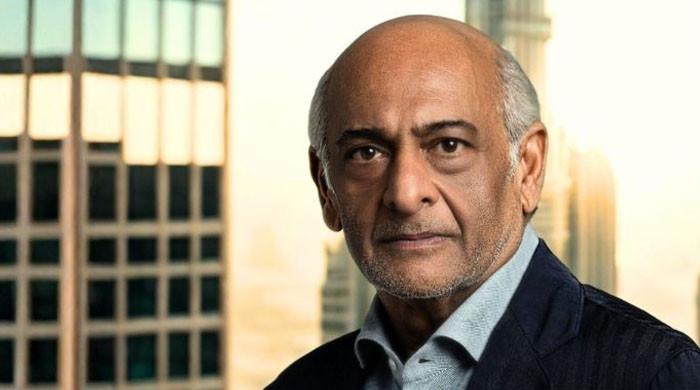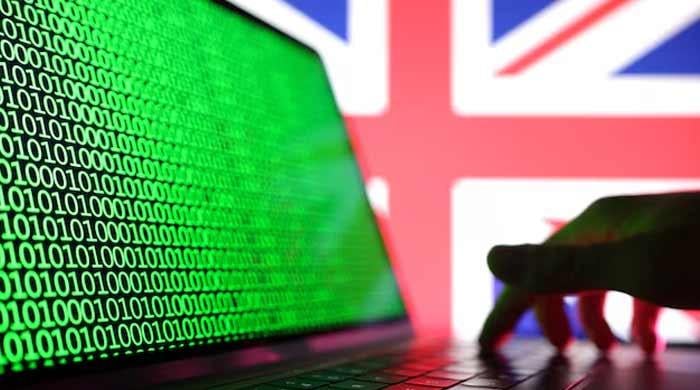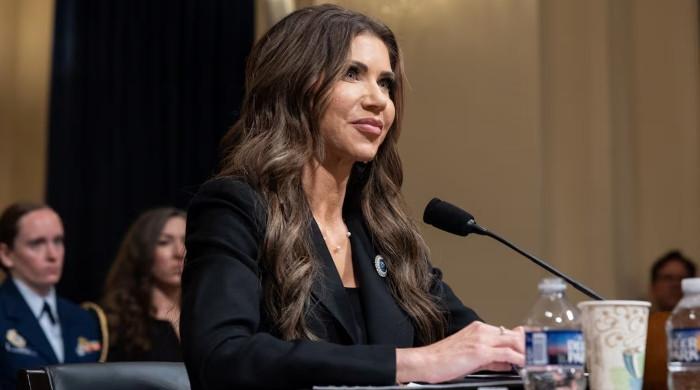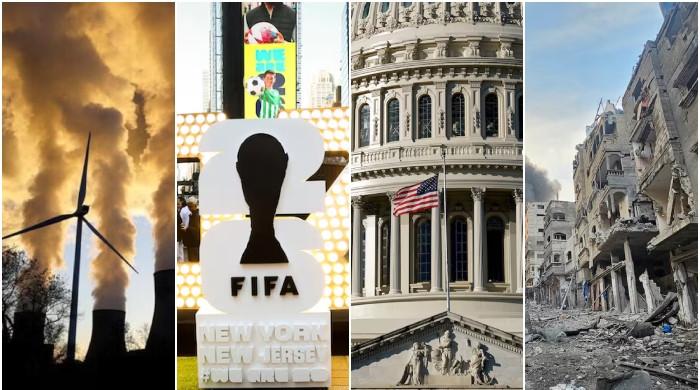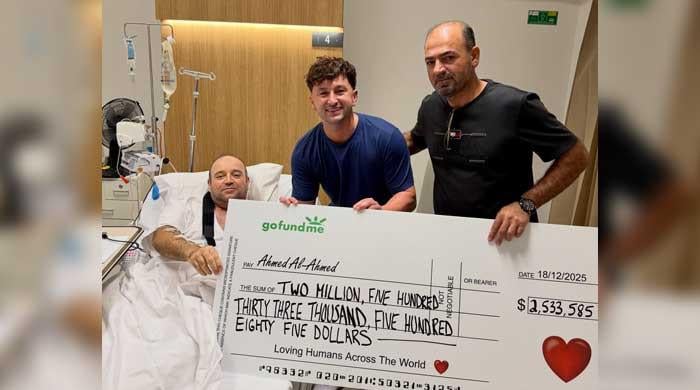UK PM Johnson says second COVID-19 wave 'inevitable'
British health secretary warns government could re-impose nationwide lockdown which was partially lifted in June
September 19, 2020
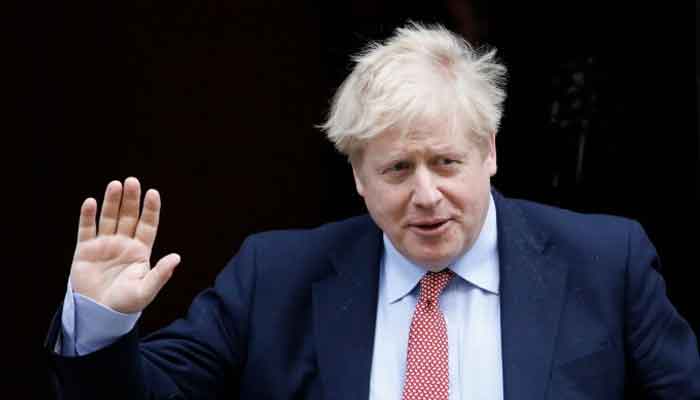
British Prime Minister Boris Johnson warned the country on Saturday of a second wave of the coronavirus, hinting that another lockdown across the country would be imminent.
"There's no question, as I've said for several weeks now, that we could expect and are now seeing a second wave coming in," said Johnson as he toured the site of a new vaccines centre in Didcot, near Oxford.
"We are seeing it in France, in Spain, across Europe — it has been absolutely, I'm afraid, inevitable we were going to see it in this country."
His gloomy announcement came as government scientific advisors said the R number, representing the number of people an infected person will pass the virus to, has risen to between 1.1 and 1.4, up from 1.0 to 1.2 last week.
"This is undoubtedly concerning," said Kevin McConway, emeritus professor of applied statistics at the Open University.
"Even at growth rates within the estimated range, the number of new cases could grow to high levels quickly if the interventions are not sufficiently effective."
National lockdown?
Tighter rules preventing people from socialising with anyone from outside their household come into force from Tuesday across parts of northwest, northern and central England.
Food and drink venues will only be allowed to serve at tables, while pubs and bars will be shut early at 10:00 pm (2100 GMT).
Similar rules were imposed in northeast England on Friday, with more than two million people placed under some of the most stringent restrictions since a nationwide lockdown was eased.
Health Secretary Matt Hancock said the move followed a request from local authorities because of a surge in positive cases.
He also warned the government could re-impose the nationwide lockdown which was partially lifted in June, as the rates of hospital admissions were now doubling every eight days.
Johnson said he wanted to avoid a second national lockdown, which he has said would be "financially disastrous", calling it "the last thing anybody wants".
He urged adherence to social distancing guidelines limiting contacts to groups of six or fewer.
'Worse things to come'
The rise in cases heaps fresh pressure on the government, which has been criticised for its response to the outbreak that has claimed nearly 42,000 lives — the highest toll in Europe.
Numbers of new cases are reaching levels not seen since April, reflecting a similar picture across Europe, where the World Health Organization said there were "alarming rates of transmission".
Britain´s Office for National Statistics (ONS) confirmed Friday in its weekly infection survey that "the incidence rate for England has increased in recent weeks".
It estimated there were around 6,000 new daily cases nationwide over the week to September 10 — roughly double the number typically recorded in statistics released every day by the health ministry.
Public Health England medical director Yvonne Doyle said there were "clear signs" of a spread of the virus across all age groups, and a rise in hospital admissions of older people.
"This could be a warning of far worse things to come," she added.
Capital concern
The ONS noted there was evidence of higher infection rates in northwest England and London, prompting the capital´s mayor Sadiq Khan to say he was "extremely concerned" and urge swift action.
"We should not wait, as happened six months ago, for this virus to again spiral out of control before taking action," he said.
But Johnson's spokesman said "no restrictions are currently planned" in the capital.
He also rejected reports that government scientists proposed a blanket lockdown to come into force across England over two weeks in October, to coincide with English schools' holiday.
The government has faced sustained criticism for its failure to achieve the "world-beating" testing and tracing system it promised would be in place over the summer months.
Hancock defended the testing programme, and said the government was "doing everything we possibly can for the cavalry that´s on the horizon of the vaccine and mass testing".




